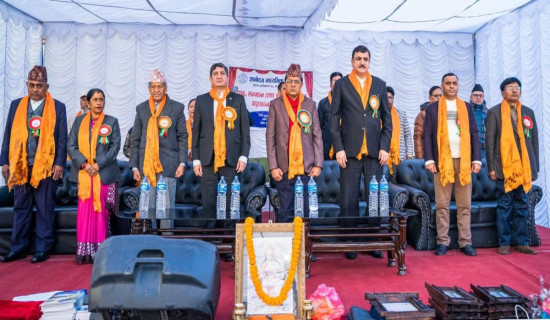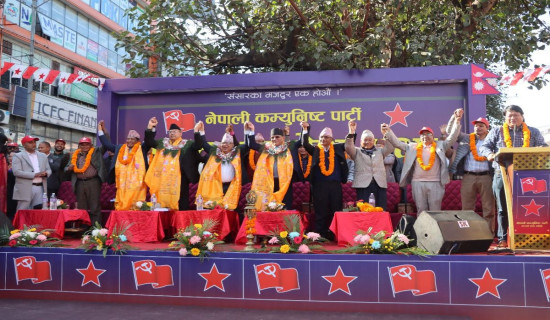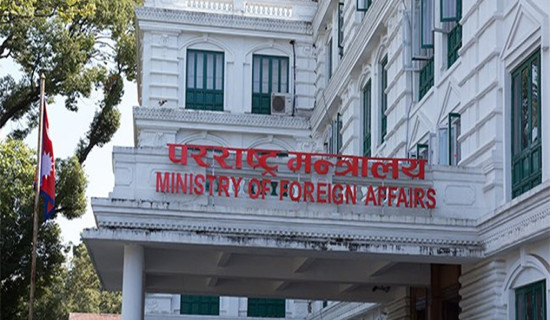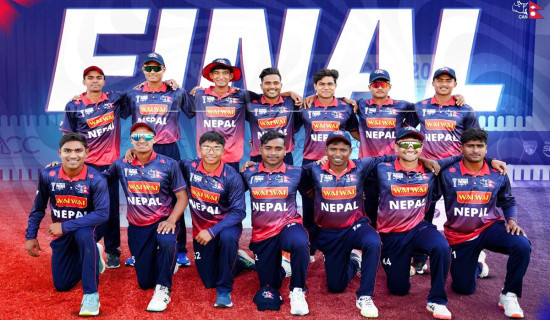- Monday, 1 December 2025
Nationwide death toll from JE in 2015 reaches 31
Kathmandu, Oct 10: This year, the nationwide death toll from Japanese encephalitis (JE), a mosquito-borne disease, has reached 31, the highest annual figure in the past 10 years.
According to Dr Abhiyan Gautam, Chief of the Child Health and Vaccination Section under the Family Welfare Division of the Department of Health Services, this is the highest figure recorded in the past decade.
In 2024, five people had died from JE; in 2023, the death toll was seven, and there was a single death in 2017. During the period between 2018 and 2022, no deaths from the infection were recorded.
The deceased were all above 40 years of age and some of them had had vaccination against JE.
As of today in 2025, 164 infections have been recorded, compared to 86 cases in 2024.
Dr Gautam said that although vaccination is effective in preventing the infection, the vaccine's effectiveness gradually diminishes over time, increasing the risk of infection.
The data shows that the infection rate is rising. So far, it has spread to 110 local levels across 42 districts. “We are trying to identify the major cause(s) of the increased infections: whether it is due to increased mosquito activity or the growing practice of pig farming or duck rearing,” said Dr Gautam.
According to the province-wise death toll, Lumbini reports the highest number with 11 deaths, followed by five each in Bagmati and Gandaki, four in Koshi, three in Madhesh, two in Sudurpaschim, and one in Karnali.
Twenty-eight districts are considered at high-risk of the infection, which is more common from the month of Saun to Kartik (mid-July to mid-November). In Nepal, 82 percent of children are vaccinated against JE, and the vaccine has been available since 1998.
The first JE case was detected in Nepal in 1978 - 117 years after the disease first appeared in Japan in 1861.
According to Dr Gautam, JE infections have become frequent in Nepal since 1990. The National Vaccination Programme regularly includes the JE vaccine for children under five. (RSS)






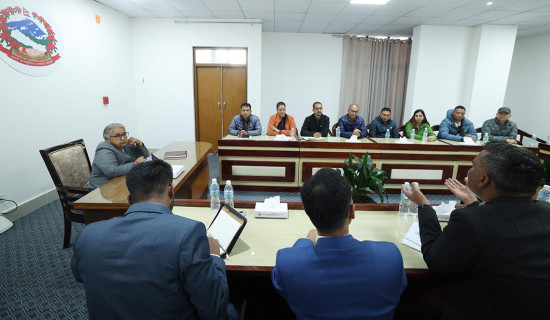
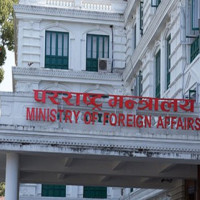
-square-thumb.jpg)

